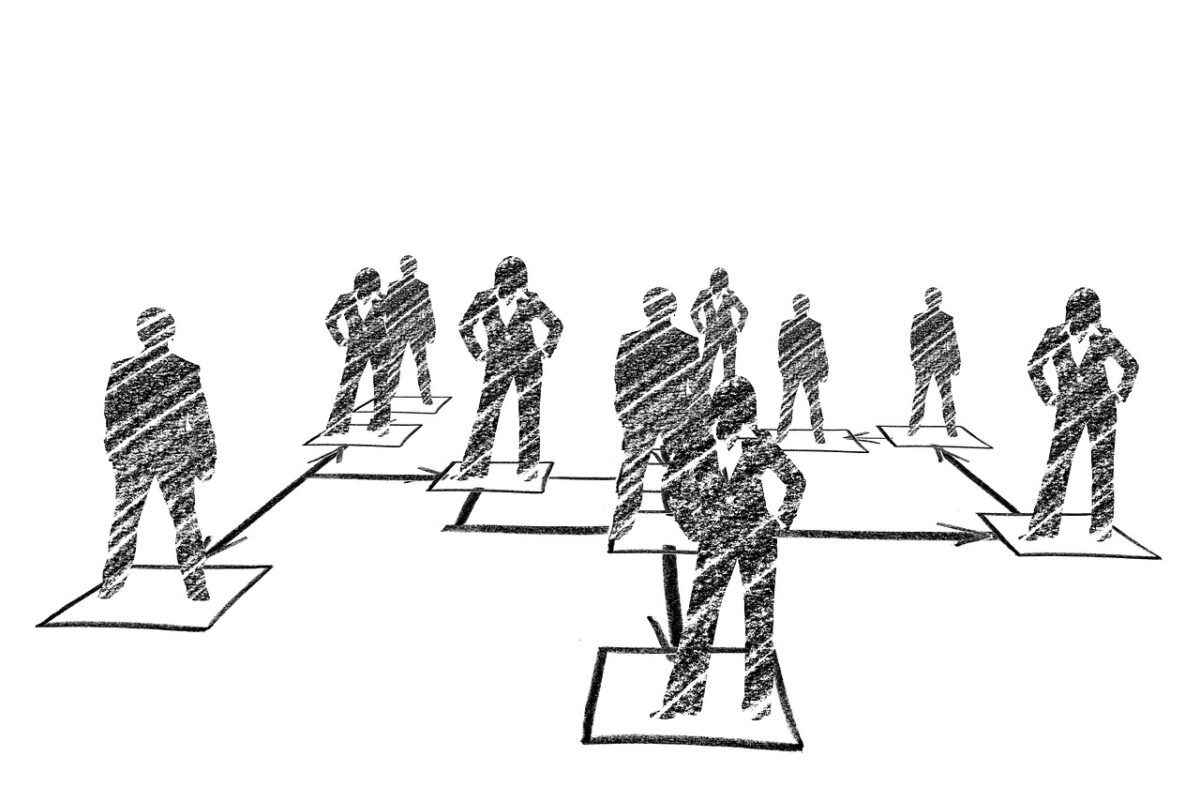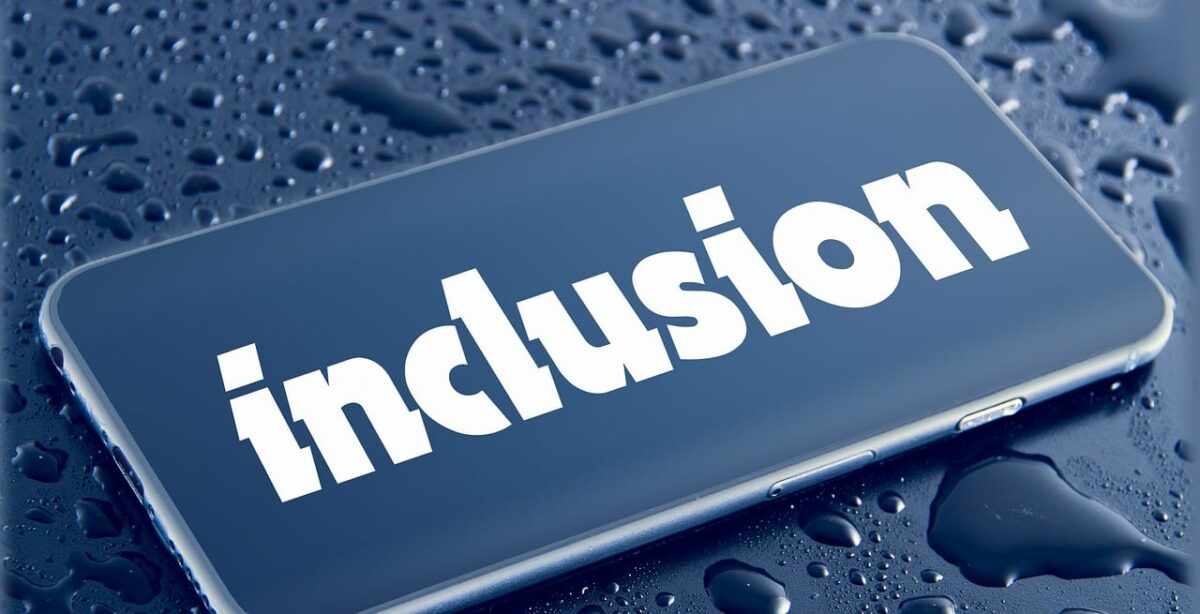How To Become A Job Description Expert

Summary:
This article provides an overview of how to become a job description expert and write the perfect job description.
Outline:
- Introduction
- Understanding The Hiring Process
- The Purpose Of Job Descriptions
- Ten Tips On Writing Job Descriptions
Introduction
From small business owners to hiring managers, becoming a job description expert is vital. Writing job descriptions that are unappealing or exclude vital information will only attract poorly matched job seekers. However, write a well-crafted job description, and you will attract high quality candidates that are a good fit for the job, your company, and team.
So, how do you become a job description expert?
Understand The Hiring Process

To hire the best talent for your vacant position, your hiring process must meet several goals. The hiring process should:
- Attract a suitable number of prospective candidates
- Allow you to make candidate comparisons and determine who to interview
- Allow you to interview applicants and make a hiring decision
- Onboard the right talent in a timely manner
Before you can advertise your job and meet these goals, you need an effective job description. To learn how to write a job description, you must first recognise its purpose and importance.
The Purpose Of Job Descriptions

Job descriptions matter because they are the foundation of your job ads. Together, they should relay all essential information and sell your open roles to job candidates. When you leverage a great job description, your job ad will:
- Produce more qualified candidates and fewer unqualified candidates. Potential candidates will understand the role’s purpose, your company culture, and have at least the minimum level of expertise and relevant experience.
- Engage potential employees by relaying accurate job role information that does not confuse, give the wrong impression, or deter your target audience.
- Minimise unnecessary questions. Effective job descriptions should not cause a flood of candidate questions and instead allow you to spend your valuable time comparing applications and selecting job seekers for interview.
Ten Tips On Writing Job Descriptions And Becoming A Job Description Expert

Creating job descriptions that encourage applications from your ideal job seeker can be achieved by following our 10 tips for writing the perfect job description:
1. CHOOSE A DESCRIPTIVE JOB TITLE
The first thing employers must choose is an appropriate job title. Job titles should not confuse job seekers, be vague, or overly-fanciful. If you don’t get your job titles right, it won’t matter if you have written the perfect job description, because your ideal candidate will skip your ad and move on in their job search.
You can attract potential candidates by offering a little more than just ‘Accountant.’ Instead, job titles might say something like ‘Full-Time Accountant for X Location.’

2. CLEARLY OUTLINE KEY RESPONSIBILITIES
A good job description should clearly outline five to ten day-to-day duties and responsibilities. Generally speaking, these should describe what prospective employees do and how often.
For example, ‘Compile financial data and produce monthly balance sheets and profit and loss statements.’
3. DESCRIBE THE REPORTING STRUCTURE
Including the chain of command contributes to a good job description. Potential applicants can get a sense of working relationships, who they report to, who might report to them, and where they stand in the overall organisational structure.
The reporting hierarchy is particularly important to professionals reaching career maturity, who prefer to not have a complex command chain above them.
4. LIST THE EDUCATION AND WORK EXPERIENCE REQUIREMENTS
Your job ads should include a clear breakdown of the qualifications, knowledge, and soft skills your company seeks. You should be open about the knowledge, personal traits, and expertise you require so as to deter unqualified applicants. However, be careful not to go too far and set unrealistic requirements that even the best talent cannot meet.

5. BE CONCISE AND AVOID COMPANY JARGON
When you write a job description, the best approach is to avoid company jargon. Using straightforward language ensures the employer and employee are on the same page and helps build a diverse team by encouraging applicants with transferable skills.
The details you include in your job description should also be concise. Consider how you can use fewer words in sentences, without excluding crucial details. Bullet points are a handy tool for attracting the attention of candidates and relaying facts concisely.
Avoiding ambiguity is similarly crucial when you write job descriptions. To prevent vagueness, avoid words such as ‘occasional,’ ‘some,’ ‘several,’ and ‘complex.’

6. SHOW YOUR PERSONALITY
To attract the best potential employee and ensure they are a good business match, you will need to demonstrate the character of your company. To compel the right people to apply for your jobs, you can:
- Say why other employees enjoy working for your business
- Describe the team and company culture
- Include how the role contributes to company success
- Include career development opportunities or support
- Be fun and creative (to a point)
7. DEFINE WORKING HOURS
Working hours and flexible working practices have become a significant factor in the career decisions of prospective candidates. Full-time, part-time, flexible hours, work-from-home, remote working, and paid and unpaid leave are hot topics that can attract the best candidates. A focus on professional lifestyle is undoubtedly an area where a small business has the upper hand on larger organisations.
8. INCLUDE A SALARY RANGE
Companies are often hesitant about mentioning salary in their job descriptions and job ads. By avoiding the topic of remuneration, you create a barrier and hurdle to overcome in the future. Research shows that mentioning a salary range results in more candidates and minimises applications from candidates that are over or under-qualified. Ultimately, if you leave discussing the salary range to interviews, you might spend a lot of time interviewing talent that will never accept a job offer.

9. USE A JOB DESCRIPTION TEMPLATE
Writing a good job description from scratch can seem like a daunting task. Fortunately, you can begin by reviewing job description examples, adding, deleting, and modifying them to meet your purposes and accurately describe your open job role.
Our job description library includes more than 800 job description templates to help you write the perfect job description and hire the best talent for your position. For example, when you view our Bookkeeper Job Description or Marketing Analyst Job Description templates, you can expect to see all the relevant duties, responsibilities, skills, and education for the position.
10. USE A JOB ADVERT TEMPLATE
Our job advert templates help you bring all the required elements and vital information together, ready for posting your jobs. The templates ensure you consider including key criteria, such as location, employment type, job level, salary, and more.
Job Description Writing FAQs

Here, we answer your questions on how to write a good job description.
To write job descriptions that stand-out, consider your ideal candidate and:
1. Choose a concise but informative job title
2. Add a short but engaging job overview
3. Highlight your team and company culture
4. Showcase your company potential
5. Describe your reporting structure
6. Include your employees in the process
7. Avoid over complications
8. Use bullet points
9. Entice applicants with a salary and benefits
The best-performing job descriptions are between 300 and 600 words.
The five core components of job descriptions are job title, the role’s purpose, responsibilities and duties, required and preferred qualifications, and working conditions.



